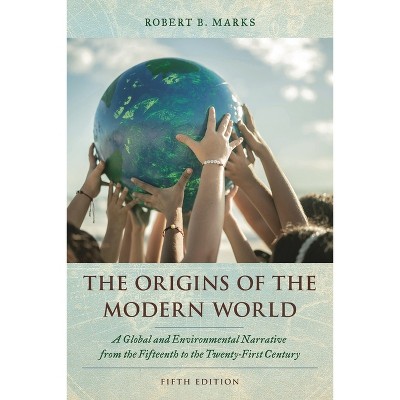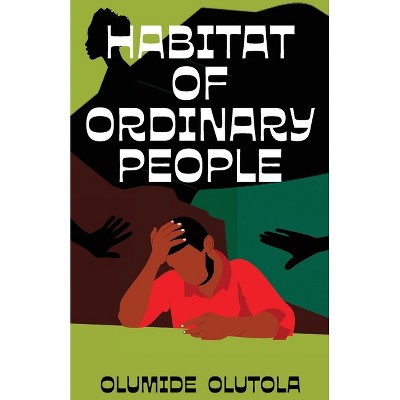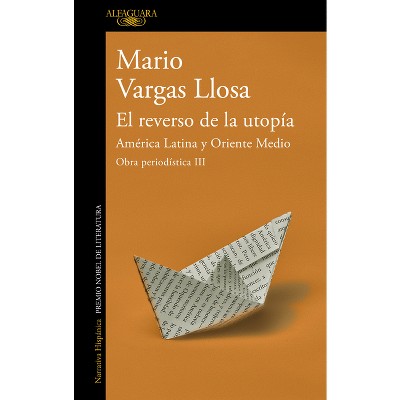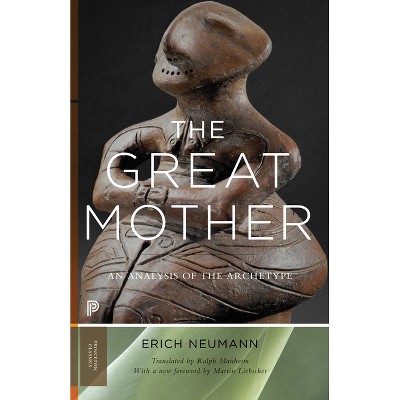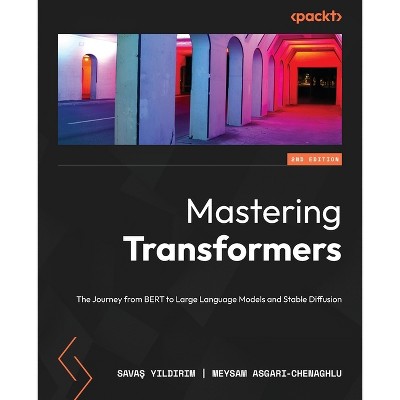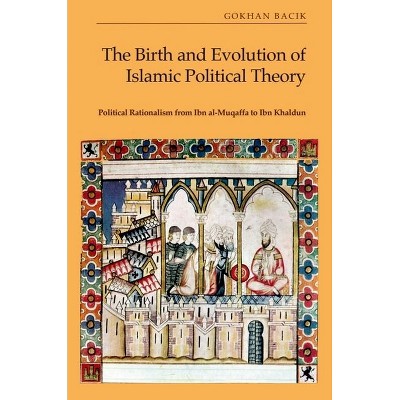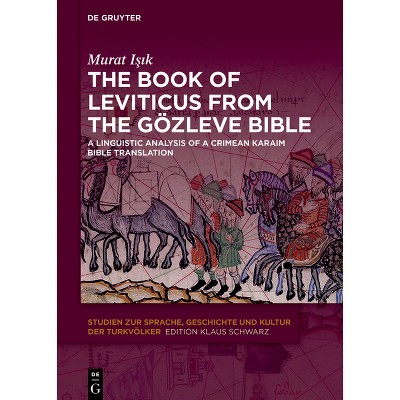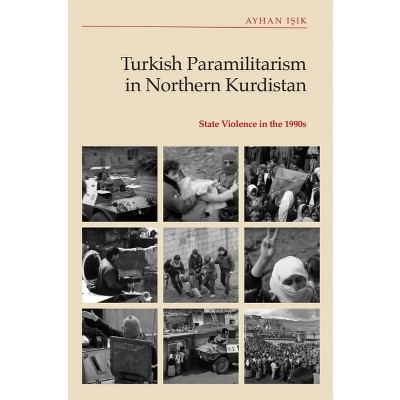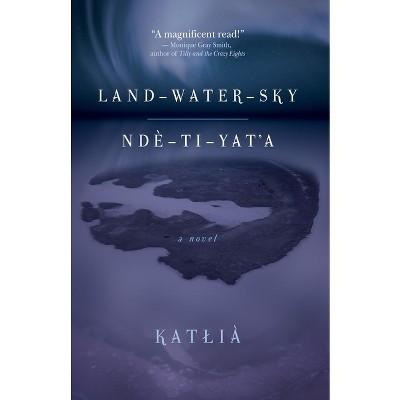Sponsored

Smuggling Law - by Fı & rat Bozçalı
In Stock
Sponsored
About this item
Highlights
- The Kurdish-populated Wan/Van Province is a major smuggling hub between Turkey and Iran.
- About the Author: Fırat Bozçalı is Assistant Professor of Anthropology at the University of Toronto.
- 274 Pages
- Social Science, Anthropology
Description
About the Book
"The Kurdish-populated Wan/Van Province is a major smuggling hub between Turkey and Iran. Kurdish smugglers cross this 180-mile-long land border, transporting everyday consumer goods--fuel, tobacco, sugar, and tea--as well as more illicit goods, and the province supports the financial, technical, and labor capacities that sustain these smuggling economies. As the Turkish state has enacted increasingly punitive anti-smuggling laws, smuggling has also become a site of contentious politics. This book explores anti-smuggling law enforcement and criminal prosecutions to reveal a key site--the criminal court--where borders and claims of sovereignty are simultaneously remade and disrupted. Taking readers from border villages, mountain passes, and road checkpoints to courtrooms, law offices, and forensic laboratories, F¸rat Bozðcal¸ examines how Kurdish smugglers, with the help of their lawyers, legally disrupt state sovereignty in criminal courts. Kurdish smugglers and lawyers adopt and rework procedures, rules, and reasonings in ways that interrupt the courts' capacity to coopt, discipline, and oppress. Bozðcal¸ theorizes this evasive engagement with the legal system as a strategy of techno-legal politics among marginalized and persecuted groups, one that extends beyond the Kurdish case. Smuggling Law holds profound relevance in today's world, where ever-expanding regimes of surveillance, oppression, and dispossession unfold in the broader contexts of the global war on terror and data-driven capitalism"-- Provided by publisher.Book Synopsis
The Kurdish-populated Wan/Van Province is a major smuggling hub between Turkey and Iran. Kurdish smugglers cross this 180-mile-long land border, transporting everyday consumer goods-fuel, tobacco, sugar, and tea-as well as more illicit goods, and the province supports the financial, technical, and labor capacities that sustain these smuggling economies. As the Turkish state has enacted increasingly punitive anti-smuggling laws, smuggling has also become a site of contentious politics. This book explores anti-smuggling law enforcement and criminal prosecutions to reveal a key site-the criminal court-where borders and claims of sovereignty are simultaneously remade and disrupted.
Taking readers from border villages, mountain passes, and road checkpoints to courtrooms, law offices, and forensic laboratories, Fırat Bozçalı examines how Kurdish smugglers, with the help of their lawyers, legally disrupt state sovereignty in criminal courts. Kurdish smugglers and lawyers adopt and rework procedures, rules, and reasonings in ways that interrupt the courts' capacity to coopt, discipline, and oppress. Bozçalı theorizes this evasive engagement with the legal system as a strategy of techno-legal politics among marginalized and persecuted groups, one that extends beyond the Kurdish case. Smuggling Law holds profound relevance in today's world, where ever-expanding regimes of surveillance, oppression, and dispossession unfold in the broader contexts of the global war on terror and data-driven capitalism.
Review Quotes
"Smuggling Law takes us into the courtrooms where Kurdish smugglers and lawyers challenge the national categories and boundaries that shape their lives. By bringing his vibrant ethnography of the Kurdish borderlands into conversation with indigenous studies, Fırat Bozçalı offers us a new way of thinking about how people not only resist nation-state borders but also evade and disrupt them." --Rebecca Bryant, Utrecht University
"This is a wonderful book, full of ethnographic nuance and theoretical sophistication. Fırat Bozçalı shows how through forms of 'sly legality' Kurdish smugglers evade, frustrate, and subvert the Turkish state. An important and innovative read for all those interested in criminalization, borders, and political struggle in the Middle East and beyond." --Tobias Kelly, University of Edinburgh
About the Author
Fırat Bozçalı is Assistant Professor of Anthropology at the University of Toronto.Shipping details
Return details
Frequently bought together

Trending Non-Fiction






